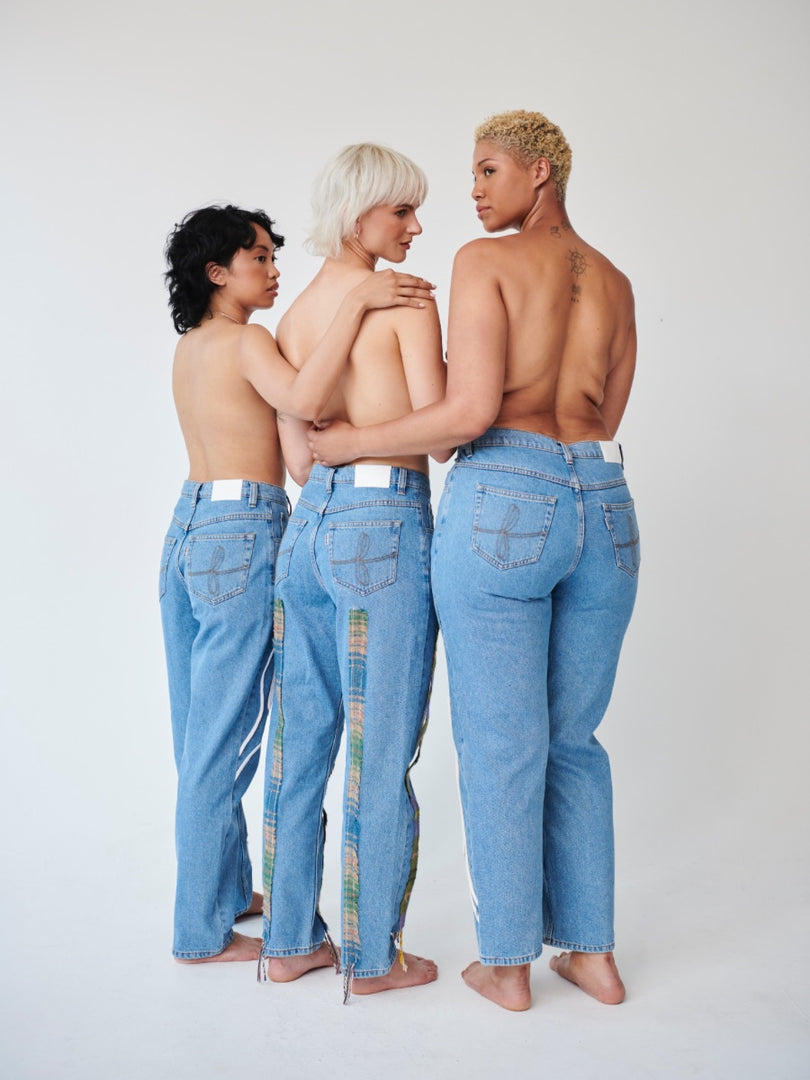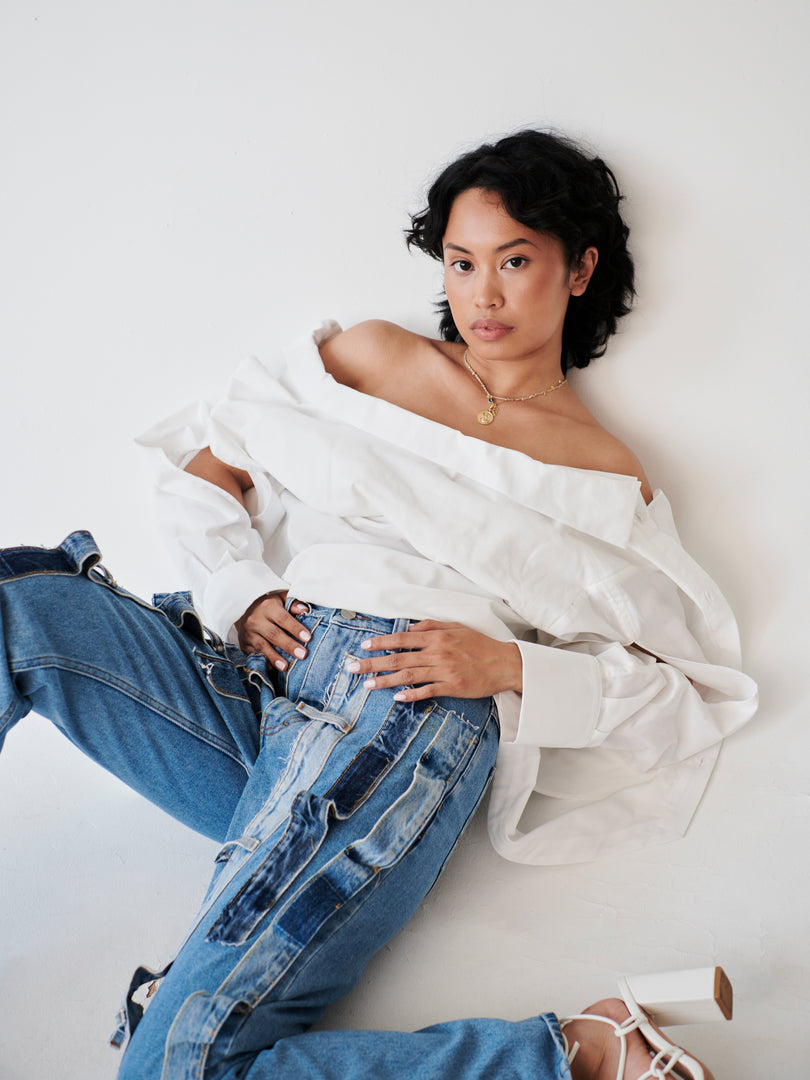By Corinna Elsaesser
We have become increasingly conscious that the resources of our planet are precious and limited. That’s why the concept of a circular economy has shifted into focus in the past months more than ever. What is that all about?
Circular vs Linear
Most products in today’s consumer economy are designed in a ‘take-make-dispose’ philosophy. These items are therefore single-use products which have a clear start and end to their lifecycle, which is usually the bin. This economy is called linear and that has become the norm in today’s world.
In contrast a circular economy is based on the principle that waste and pollution are completely designed out. Rather than disposing of the product at the end of its lifecycle, the aim is to keep it in use, ideally forever. The circular economy follows a close-loop process by re-using, sharing, repairing and recycling.
What does it mean for the fashion industry?
The Global Fashion Agenda, which is a leadership forum for industry collaboration on fashion sustainability, is urging fashion leaders to make the industry more circular. GFA asked leaders of the fashion industry to take action by signing the 2020 Circular Fashion System Commitment. So far 90 companies such as Adidas, Kering etc. have signed to commit to 3 action points:
1) Increasing the volume of used garments and footwear collected
2) Increasing the volume of used garments and footwear resold
3) Increasing the share of garments and footwear made from recycled post-consumer textile fibres
All of these action points need to be taken into consideration in the initial design process of the garment and follow through in the fashion supply chain.
Where are we currently?
According to the Ellen MacArthur foundation which is a thought leader in circular economy, Clothing represents more than 60% of the total textiles used. In the last 15 years clothing production has almost doubled whilst clothing reuse has declined by 40% because of fast fashion. Fashion is available for everyone as a disposable product, which means garments are not used to their full potential.
Companies are sitting on piles of dead stock not knowing how to solve this problem. Young emerging designers are recognizing this issue and are using dead stock fabrics for their collections, which is a step towards a circular economy. This is what we do here at Fanfare. The challenge hereby is however the traceability of the fabric and the limitation of the same fabric. Consumers often expect to be able to choose one style in different colours over a lot of different sizes.
Well, there is hope!
How can we buck this trend as consumers?
3 Tips below:
Reduce
Marie Kondo knows! Start with de-cluttering your closet. What do you really need? Invest in high quality pieces which are long-lasting.
Repair and Re-use
Instead of buying a new product, give an extended life to your once favourite coat. There are so many repair shops out there which can fix your clothes and make them look like new!
Support Small Businesses
By supporting brands like Fanfare allows us to grow. This then enables us to expand our positive impact and make real differences in the communities we work with.
In short, a circular approach is necessary to make the fashion world sustainable, whilst we still have a long way to go and are far from the goal, we all can have a positive impact. Let’s revalue our consumption patterns and vote with your wallet. It’s important to stay informed about the supply chain of your favourite brands. A circular economy is opening new ways of working and being creative with what is already there.



